fandom: the ultimate form of capitalism
what merch you got from your favorite artist says about you and the hunger for connection
Hi Friends,
The other week I talked about the power of fandoms and how some of them, like the BTS Army, were able to affect political movements.
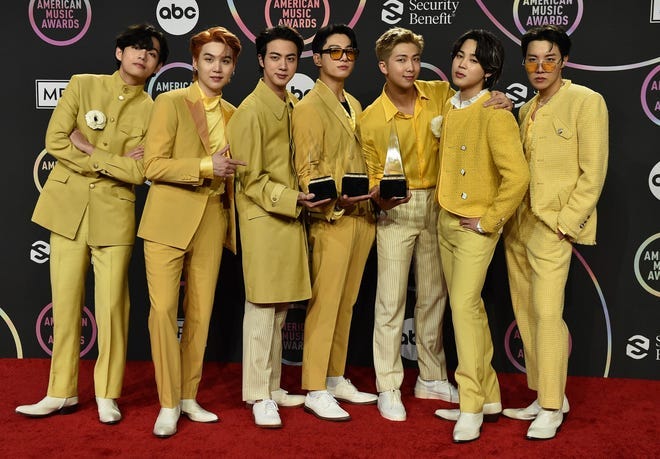
And today, as promised, wanted to go into how I think fandom is so inherently tied to capitalism and actively promotes this hyper-consumption culture that we’re in.
Like I said in my last post, I don’t usually call myself a fan… but I still find myself swept up in fan culture now and then.
Case in point: I saw Rahill at Baba Yaga this weekend and, of course, ended up buying a hat at the merch table. She has a song called “Fables” which felt SO serendipitous. If you’ve read Dylan, We Need to Talk, you’ll know Baba Yaga makes an appearance in the screenplay, and the lyrics of that song felt eerily aligned with the story.
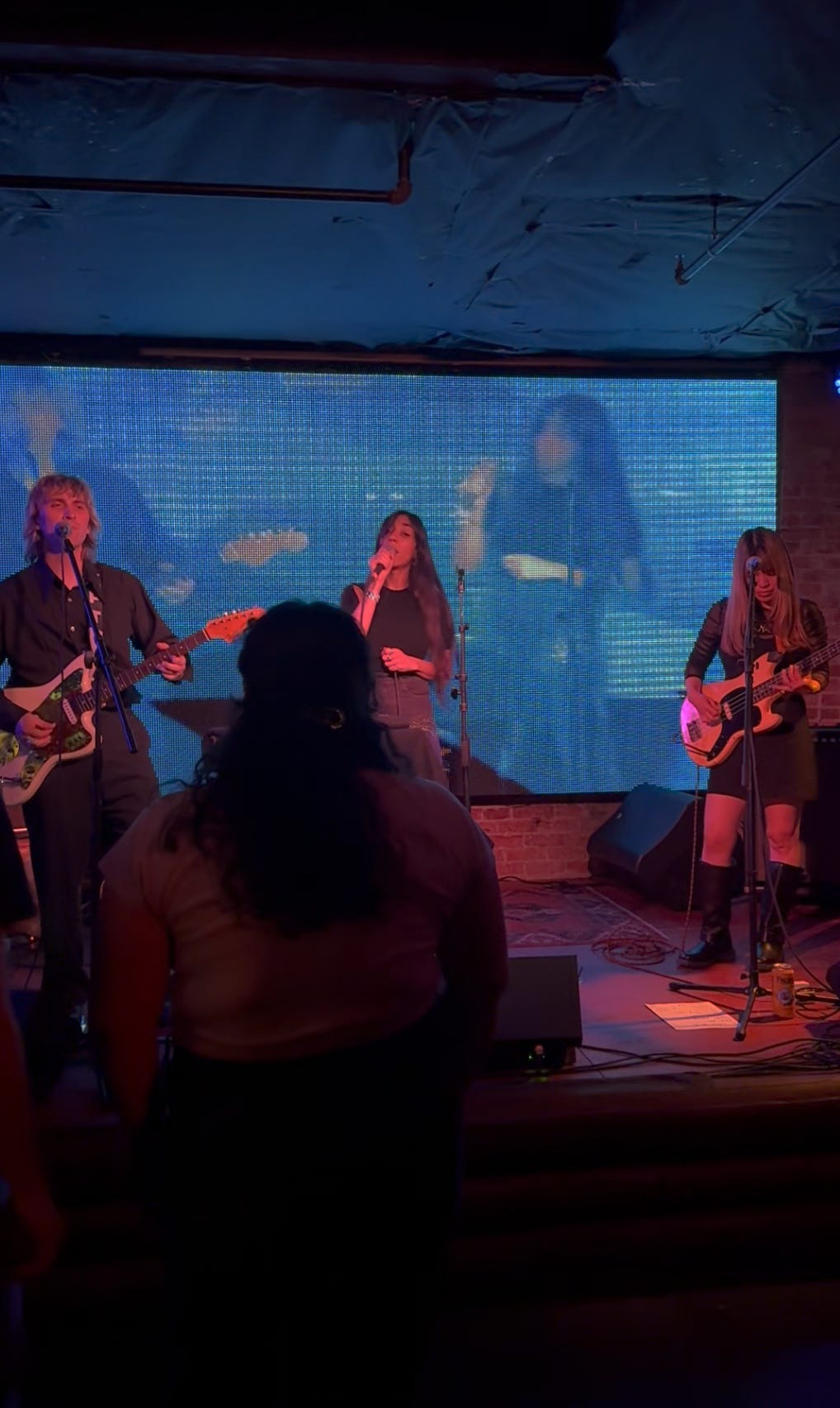
Some artists and companies have really mastered the art of merch.
Take Taylor Swift, for example. Friendship bracelets became synonymous with her Eras Tour. What started as a nod to a lyric in “You’re On Your Own, Kid” became a viral moment as fans started making dozens- even hundreds of bracelets to swap with others at her live shows. There were even reports that there were bead shortages from so many people buying friendship bracelet kits!
(Taylor Swift is her own economy. According to estimates, her U.S. tour alone contributed over $5 billion to the national economy. In Los Angeles, her six shows reportedly generated $320 million for the local economy.)
I can’t think of any recent films or TV shows that have captured merch culture quite like the music industry has. There’s something about music fandom that lends itself more naturally to objects: shirts, hats, vinyls, collectibles that feel like relics of an era.
But what’s clear is that fandoms, across all mediums, are fueling our current wave of hyper-consumption. It’s about owning it, displaying it, and ultimately, it becomes a performative love for others to see.
optimized for overconsumption
In 2021, a Chinese reality show called Youth With You asked fans to vote for their favorite idol trainee by scanning QR codes found on milk bottle caps. Fans responded by buying hundreds of crates of milk to support their favorite contestants… and paying people to go through the product, gather the QR codes on the caps, then pouring the milk straight down the drain.
All that waste, just for a shot at influencing the outcome of a boy band, ended up suspending the show!
And that’s not even an isolated case.
K-pop agencies frequently host raffles to have a video call with your idol, and the only way to enter is if you buy a physical album. Fans will buy dozens, sometimes hundreds of albums to get a tiny chance at winning.
(It reminds me of Willy Wonka, with all the kids frantically buying chocolate bars just for a shot at finding the golden ticket!)

The internet, as it stands now, only fuels this cycle of overconsumption.
Platforms like TikTok, YouTube, Facebook, Instagram- and yes, even Substack!- are all designed with one goal: to keep you online as long as possible so they can sell your attention and data to advertisers and companies.
The algorithm watches what you watch, what you repost, how long you look at a post… and before you know it, you’re nudged into a rabbit hole.
And as much as I love falling into these niche subcultures, it’s incredibly troubling how it rewards consumption culture.
fandoms then and now
Even before the internet, studios knew the power of fans. When the original Star Wars trilogy debuted in 1977, fans were already creating zines- handmade, photocopied booklets filled with fan fiction, art, and commentary.
(Which, I have been SO into zines currently! Zines are in the zeitgeist!)

These zines laid the groundwork for modern fan communities, and Lucasfilm capitalized on that, by cultivating an official fan ecosystem: launching the Star Wars Fan Club, publishing newsletters, creating guidelines for fan fiction and fan art, and encouraging fan engagement through licensed novels, merchandise, and conventions.
Fast forward to today, and the studios have caught on and turned passion into profit. Comic-Con has become one of the most lucrative weekends for movie stars, often surpassing their earnings from actual film or television roles. Some celebrities like Chris Evans reportedly make between $50,000 to $100,000 over a single weekend from autographs and photo ops alone.
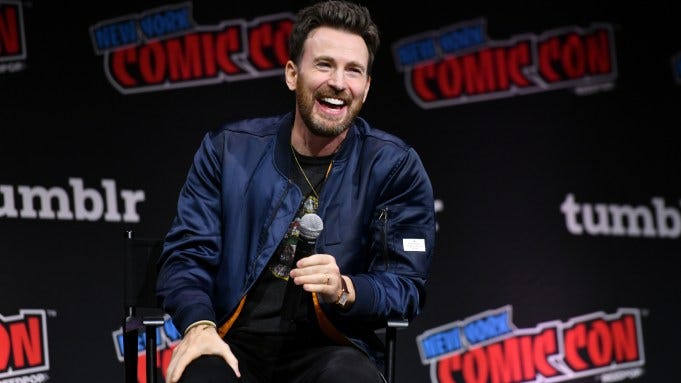
you are what you buy
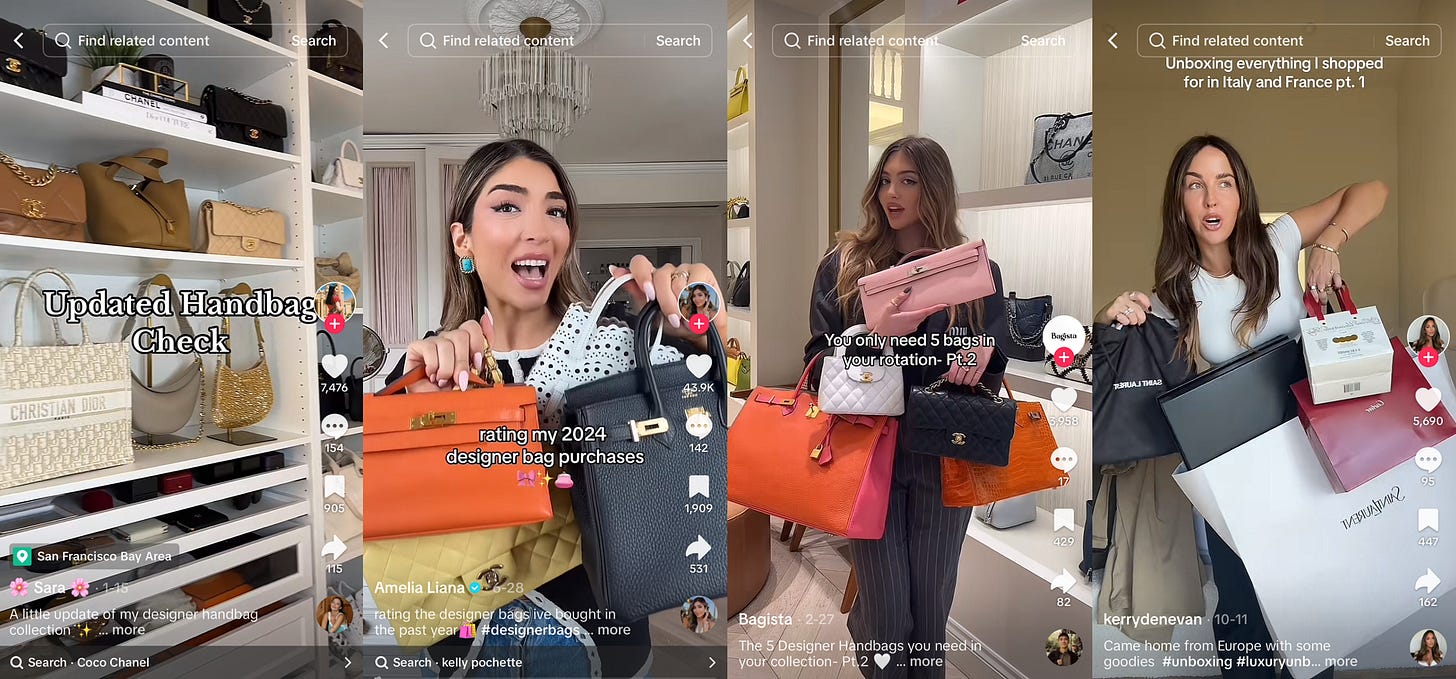
At the end of the day, I think this is what it all comes back to.
As a society we’re lonelier than ever. And when you're feeling untethered, it's so easy to find comfort in community. And what’s easier than making friends who love the same band, show, or hobby as you do?
But is that really the foundation of lasting connection?
I don’t think it is. There has to be something deeper that ties us together. Not just shared hobbies, but shared values: how we see the world, how we treat other people, what we believe in.
And I think that’s also a reason why people feel lonely, even when we’re surrounded by people who like all the same things we do.
Because consumption isn’t the same as connection. And fan culture, while beautiful in many ways, can easily slip into a competition. A constant need to prove your taste, your knowledge, your devotion. That you’re not really a fan unless you have the friendship bracelets, the albums, attended the conventions, have the autographs, etc etc etc.
So how do you get out?
I don’t have an answer to this.
But I do know that real connection isn’t something you can buy.
what i’m consuming 🍰
Okay, it feels a little funny writing this after a whole post about consumption culture, but here we are.
I don’t have a photo, but yesterday my friends Pav and Tim had me over for lunch and a movie (they made a stew that was like ten times better than what I had later that night at a fancy catered event with a private chef!)
And more than the meal, it was the company that I appreciated. Catching up, the silly jokes we were making while watching Novocaine (2025), just being together. I’m just really grateful for my friends and for moments like that.
That’s the kind of nourishment I’m trying to seek more of.
who i am
Hi, I’m Gisella! I’m a repped screenwriter based in Seattle. I directed a feature-length documentary and most recently, my pilot Body Brokers was on the 2024 Blacklist Latine List. Follow me on my journey to get my first screenplay green lit 💚





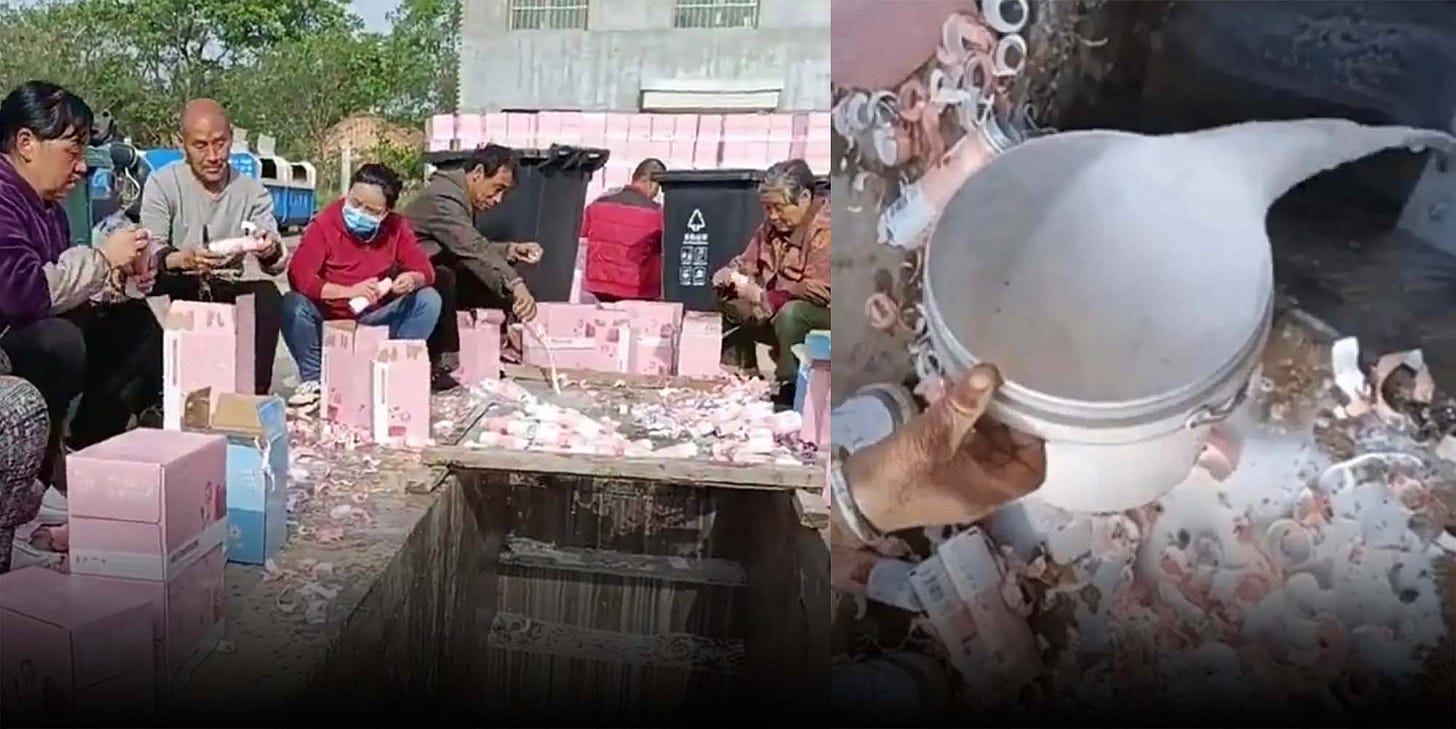
Consumerism is the main course feeding the loneliness epidemic and lack of connection.